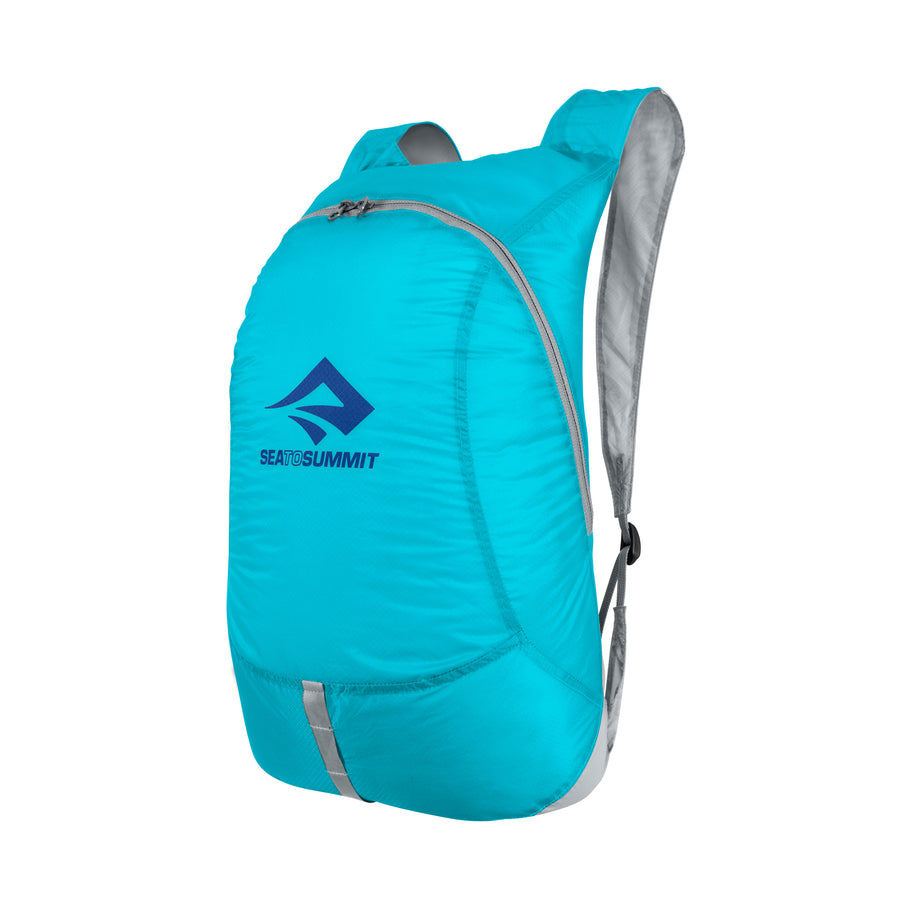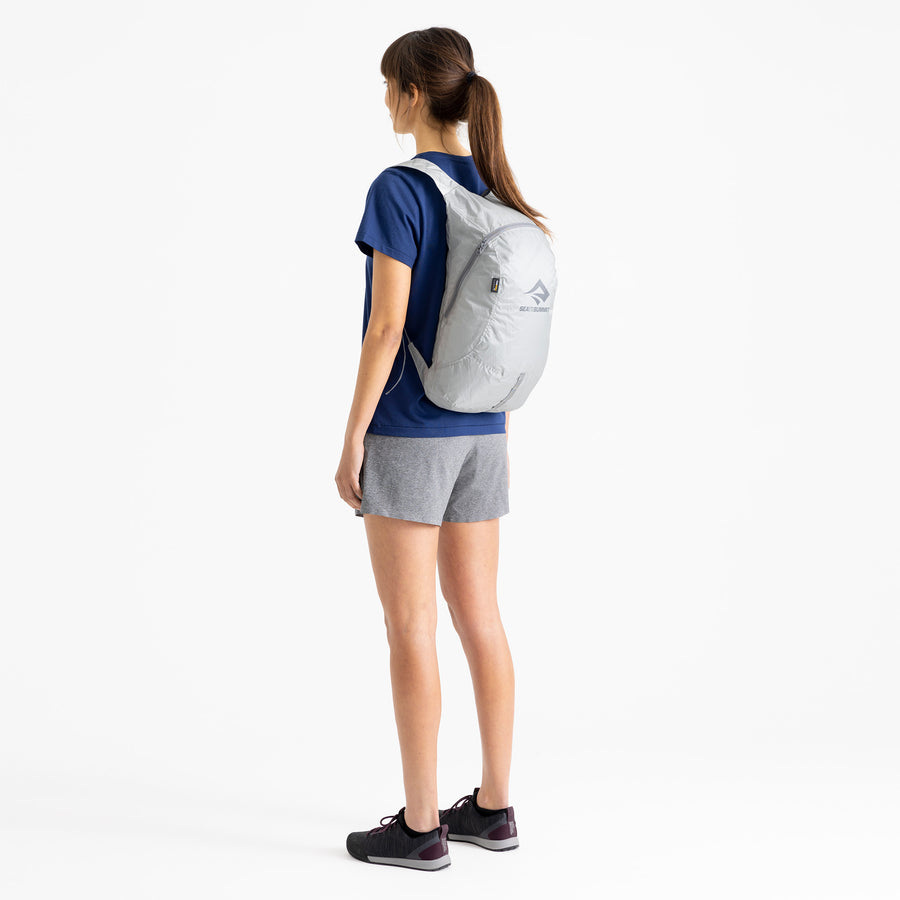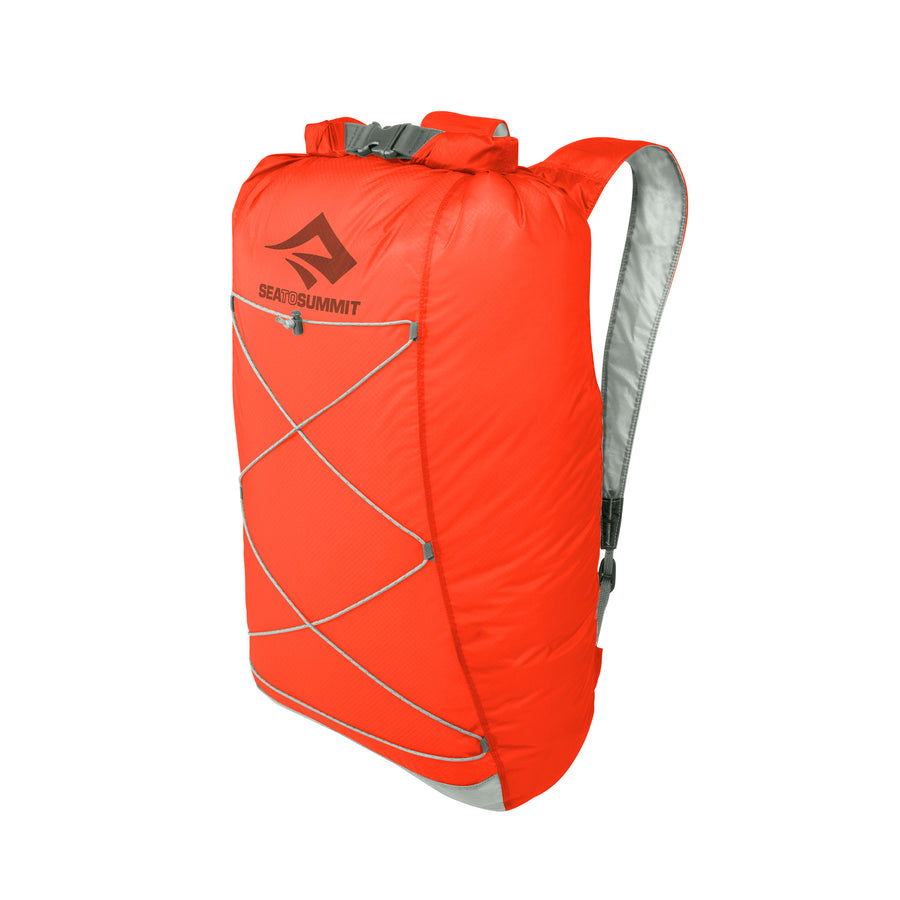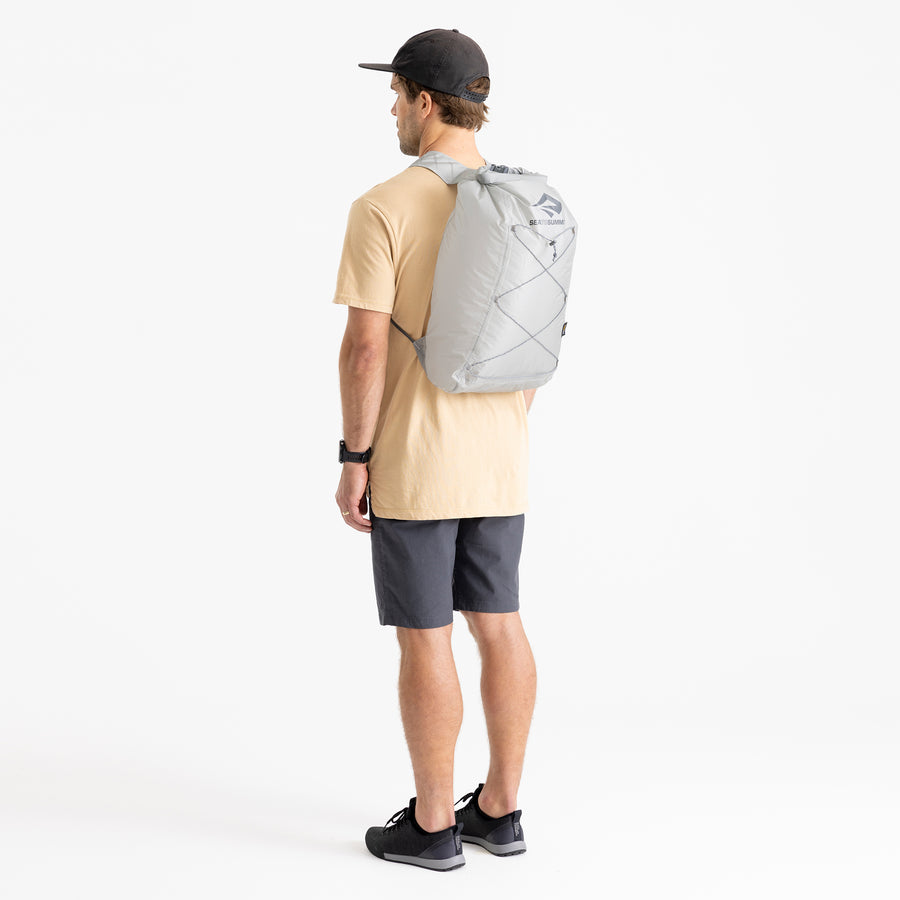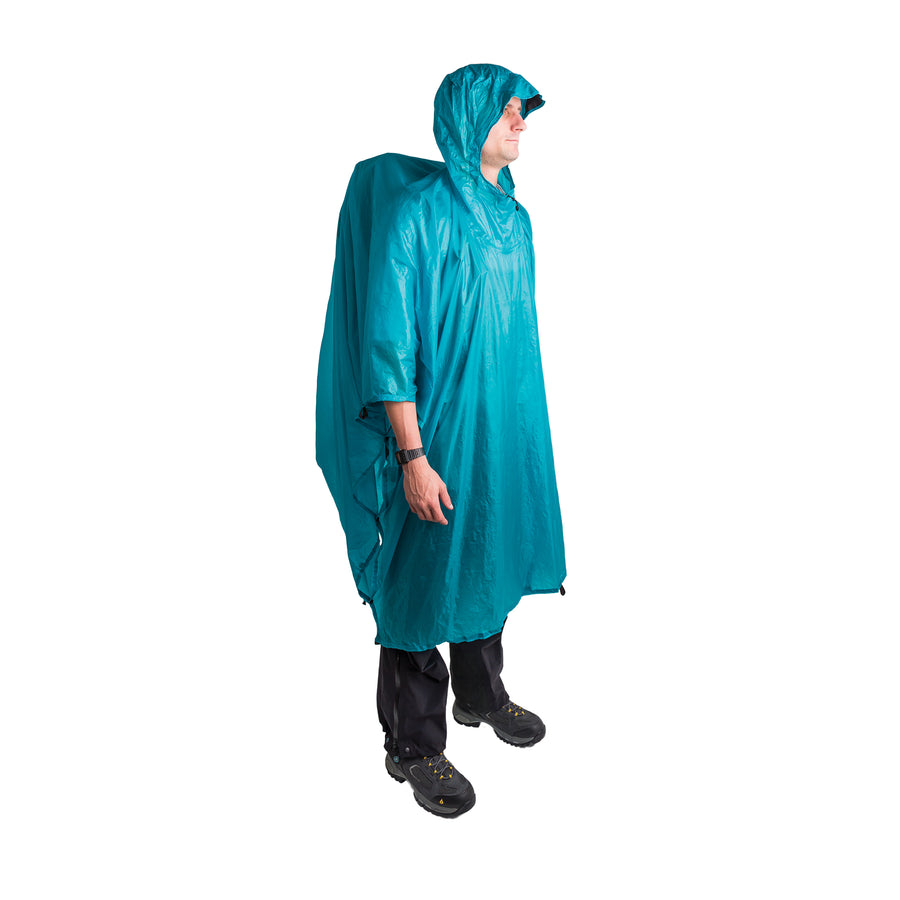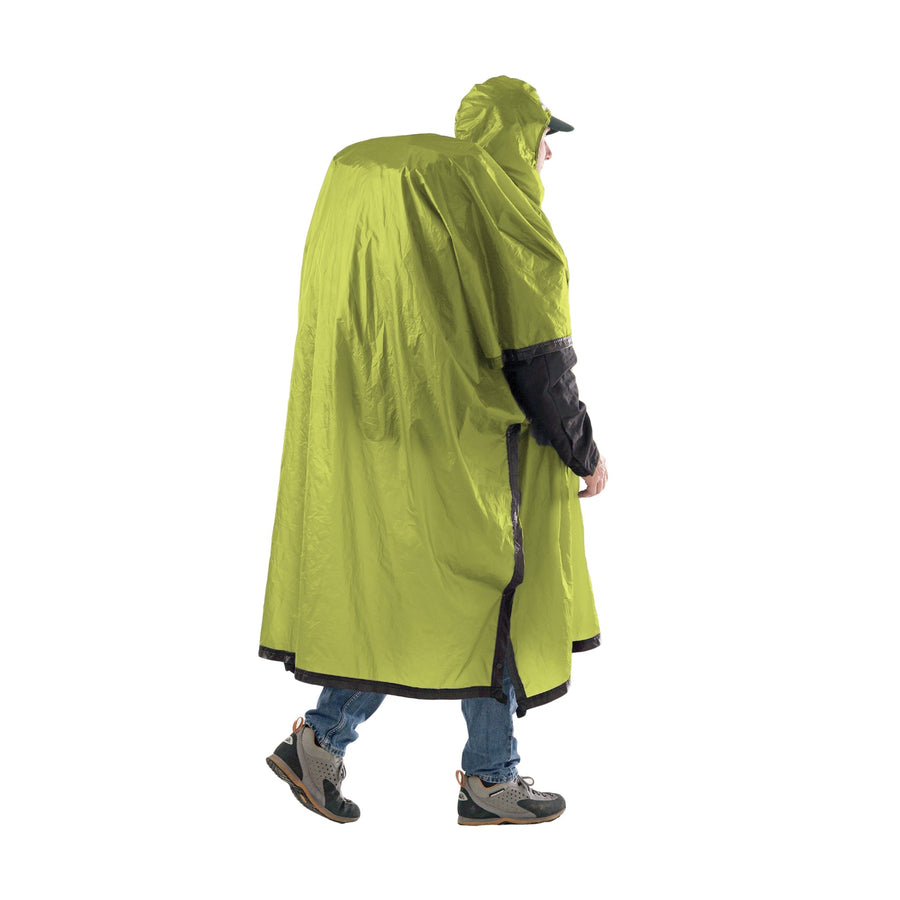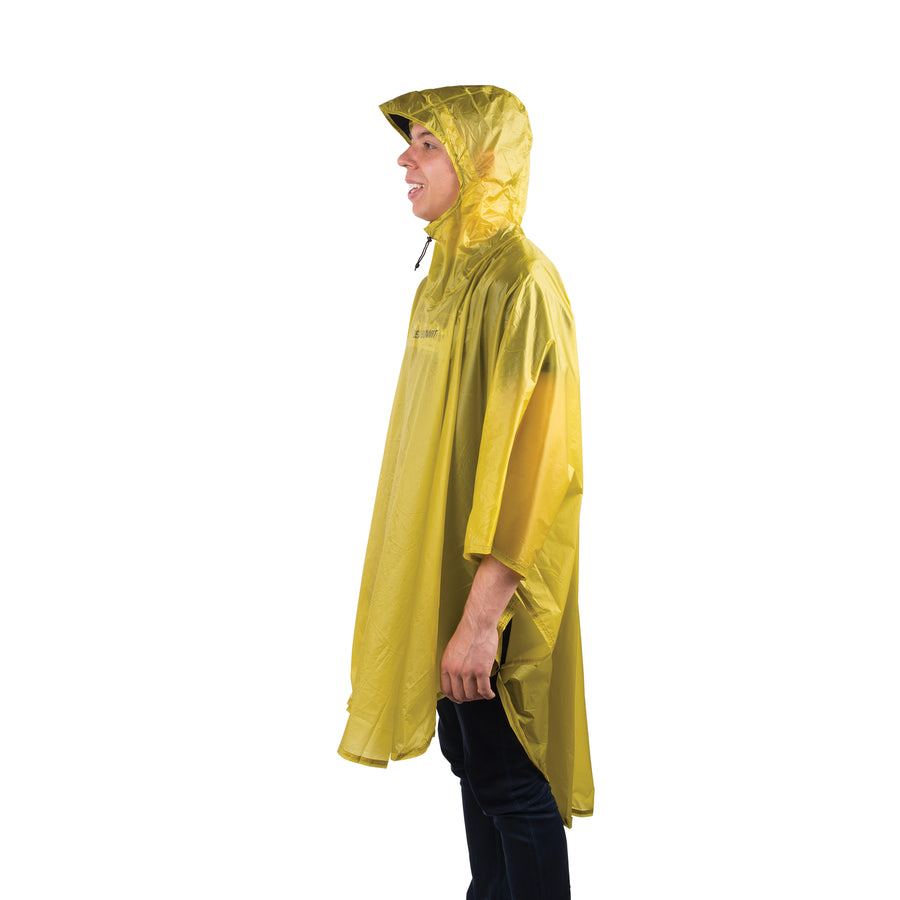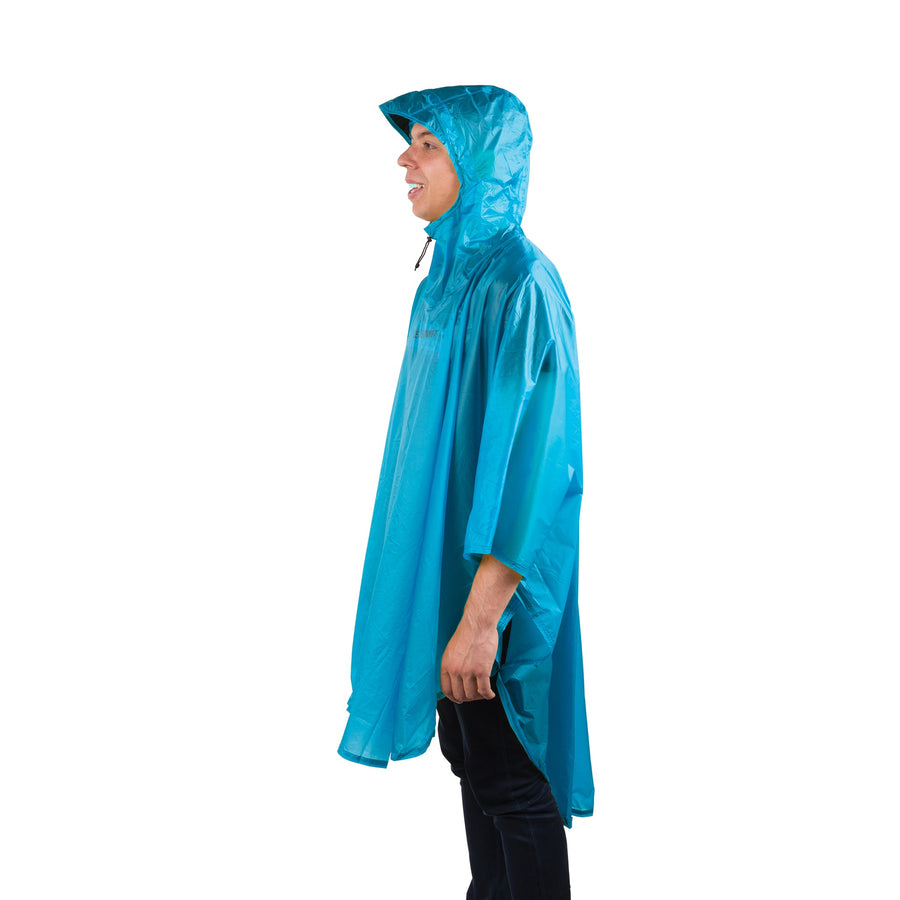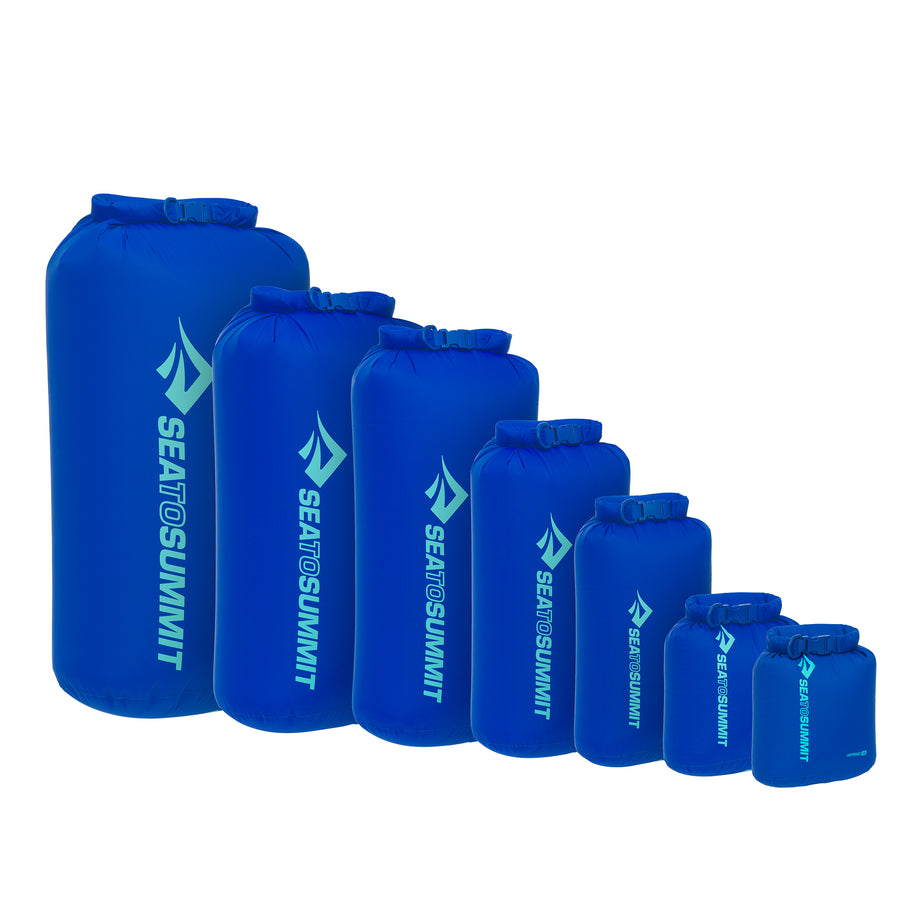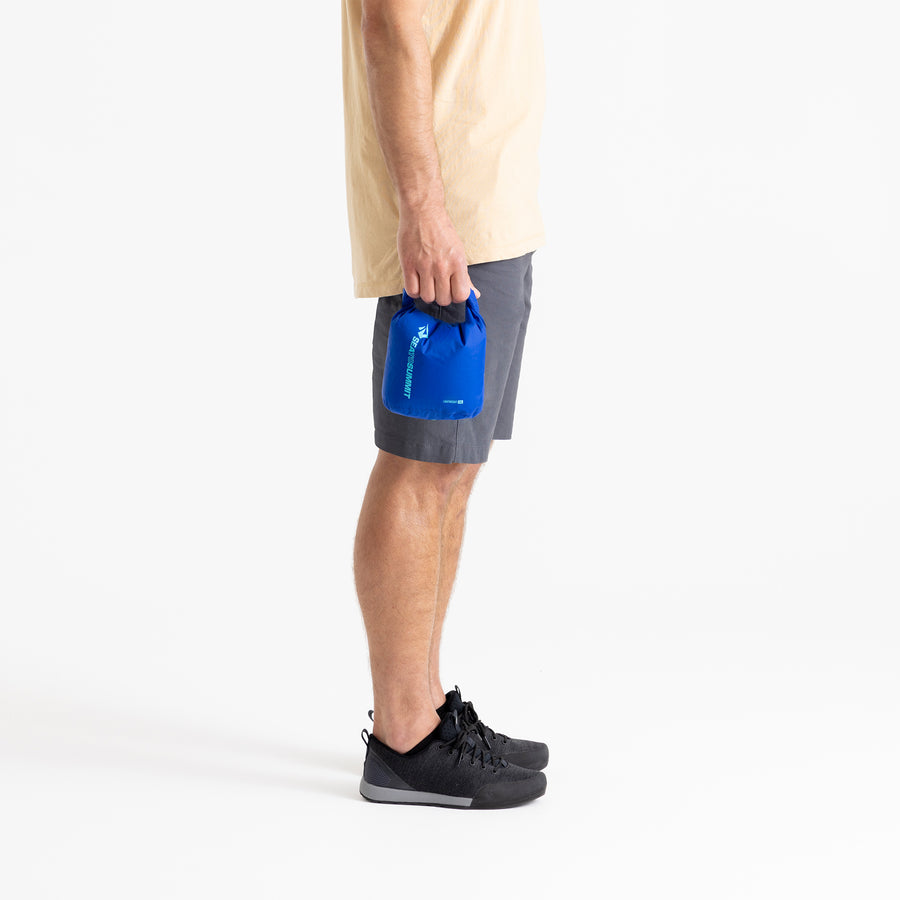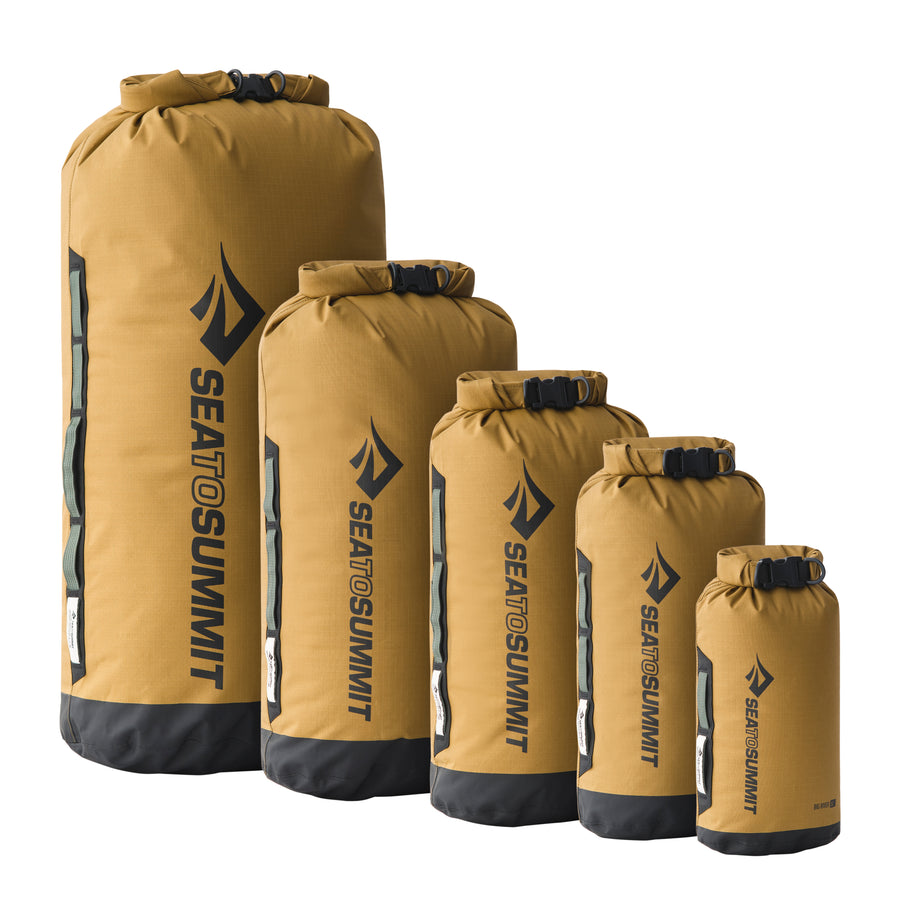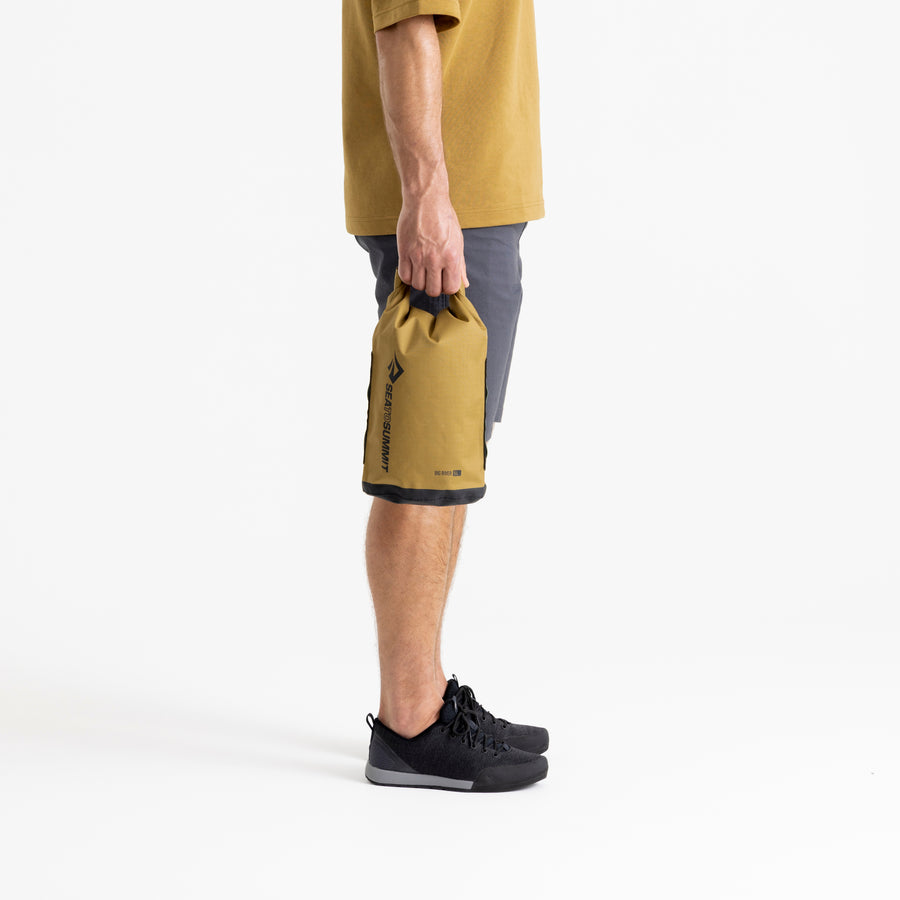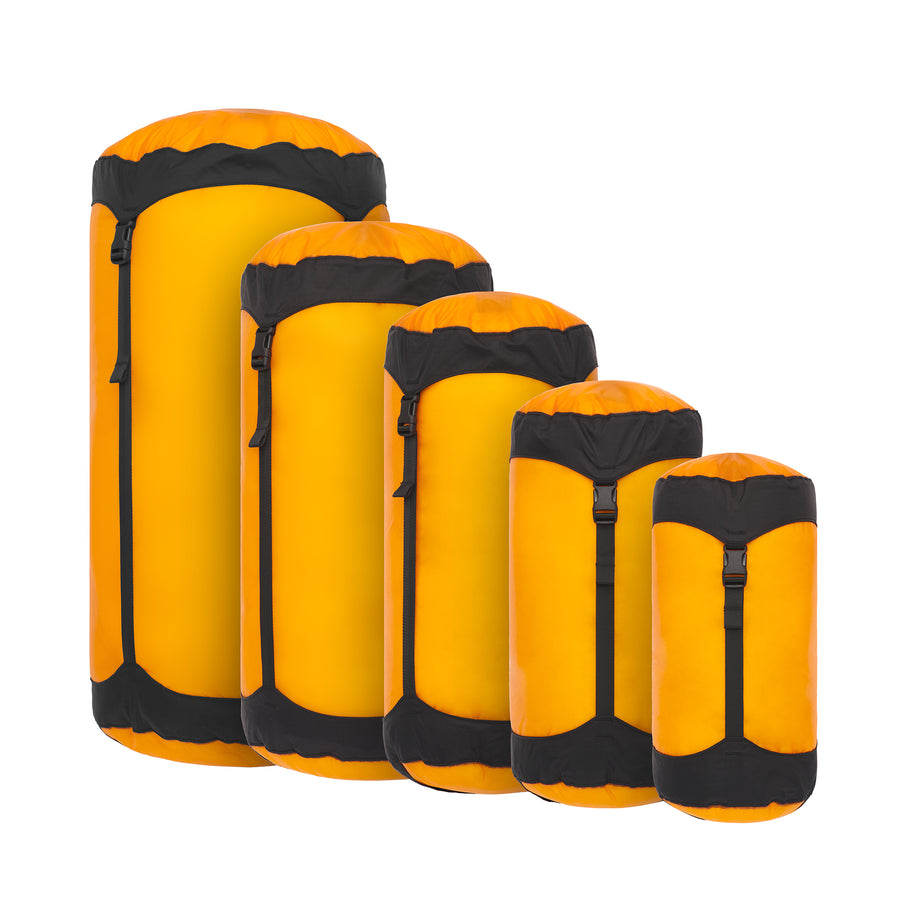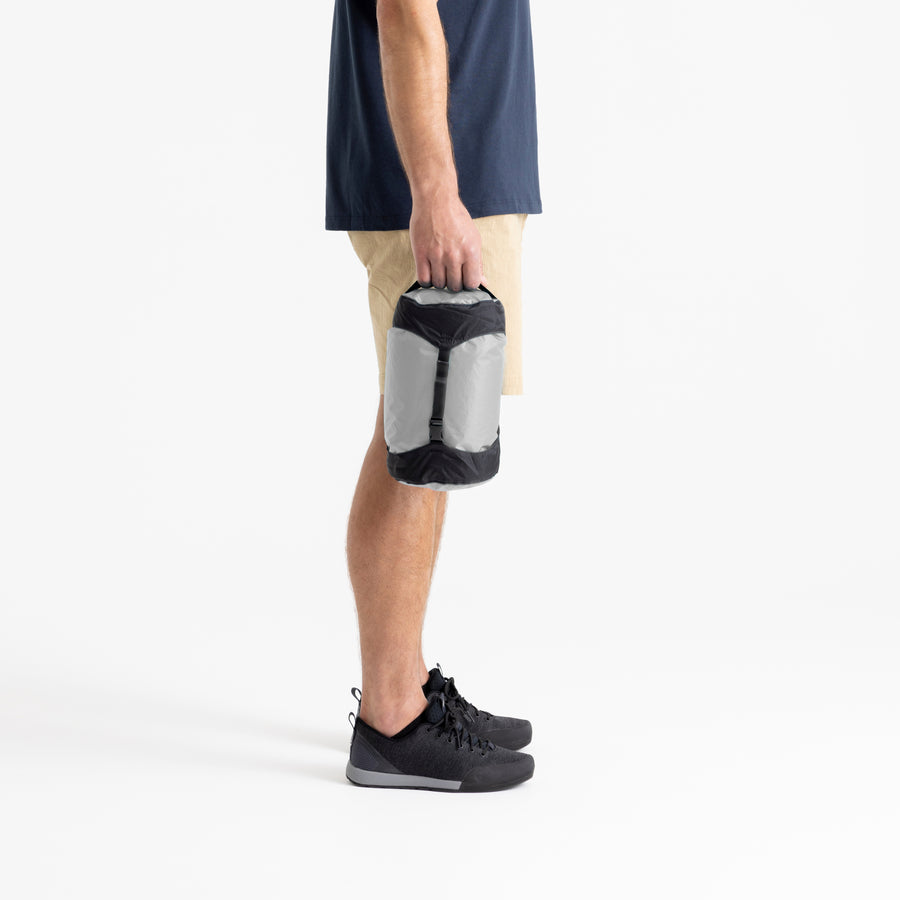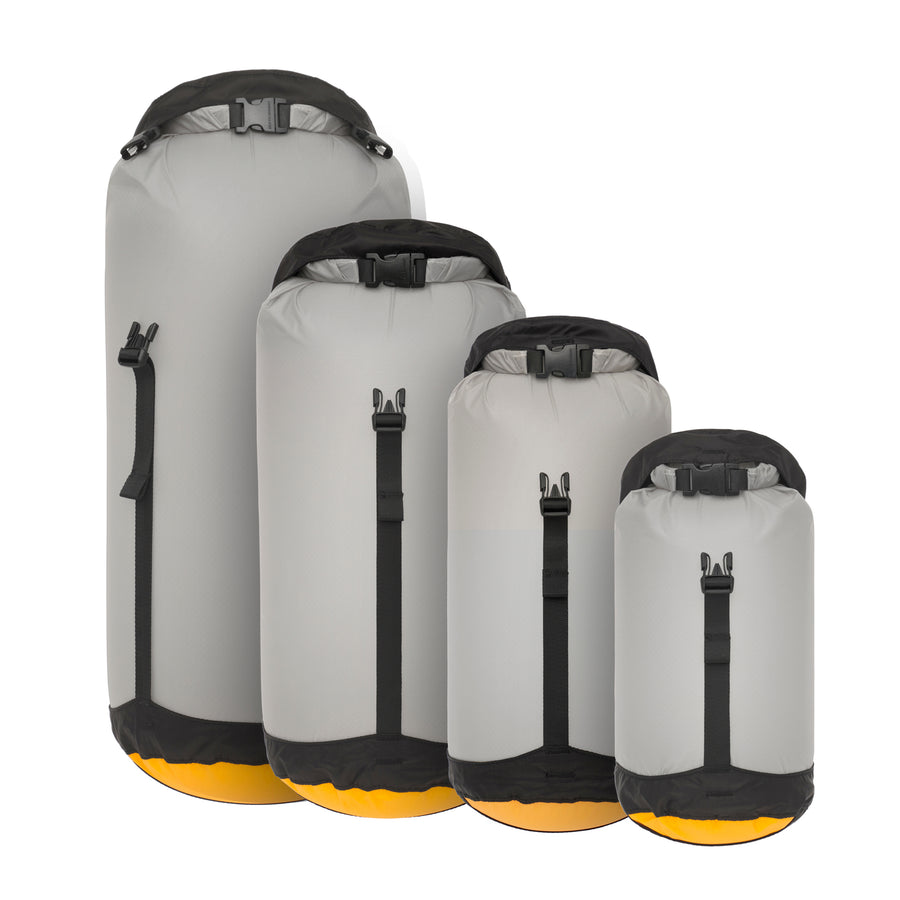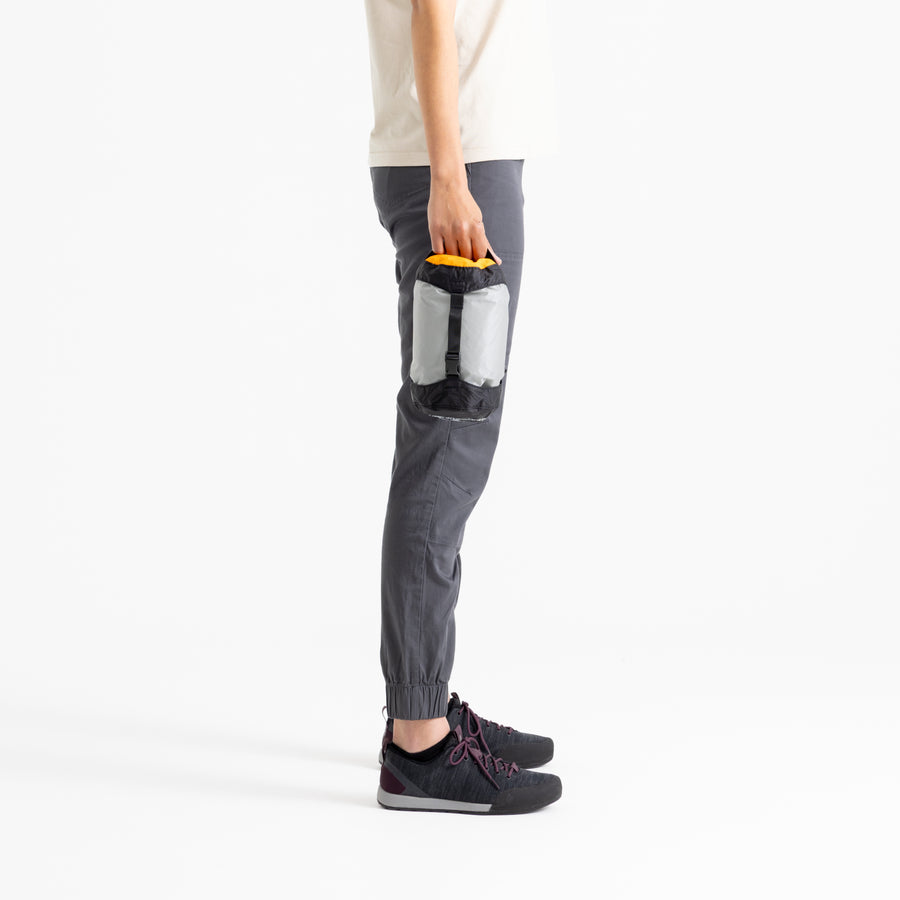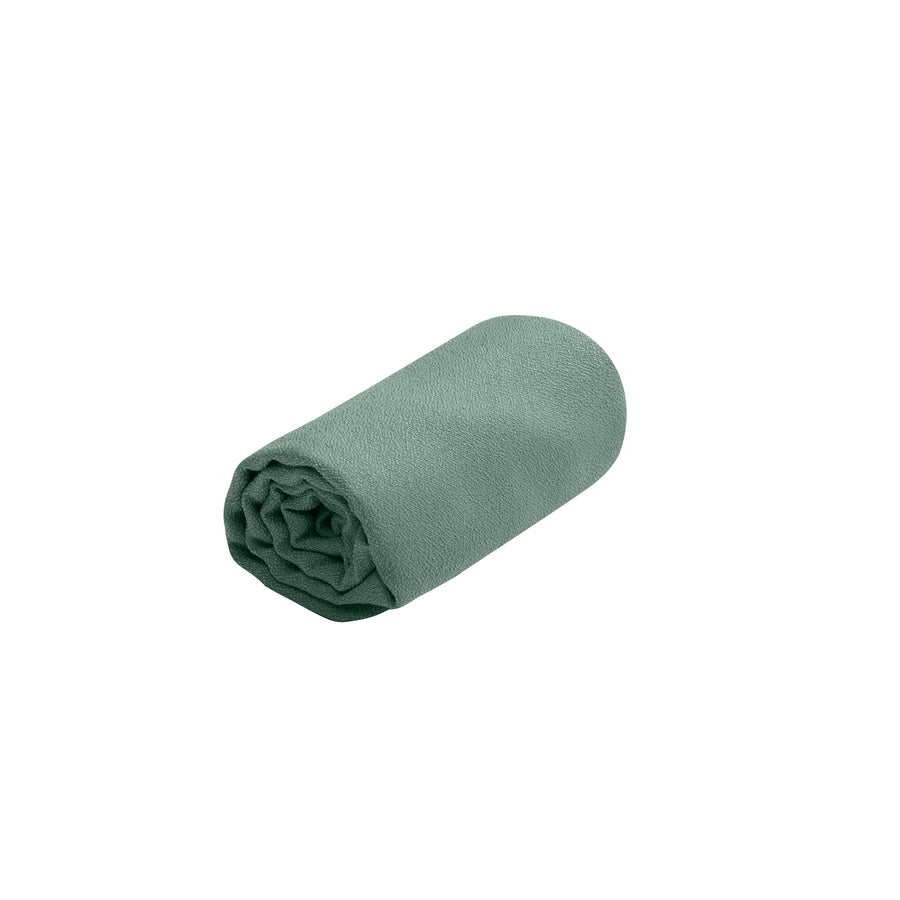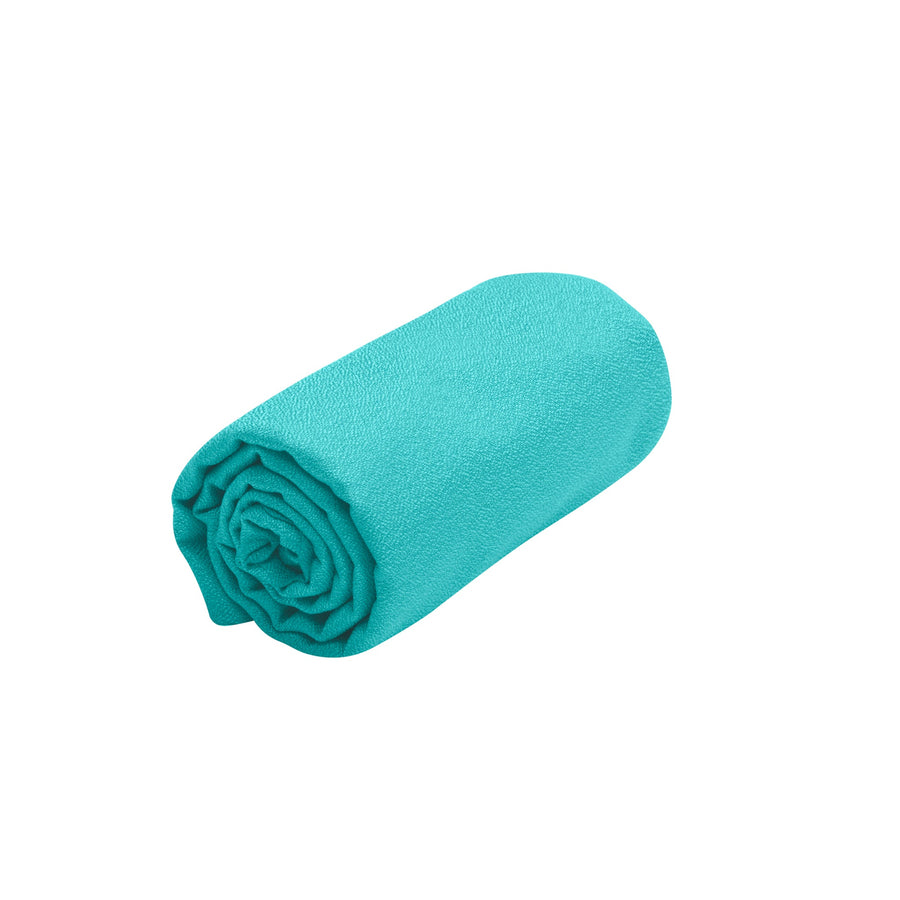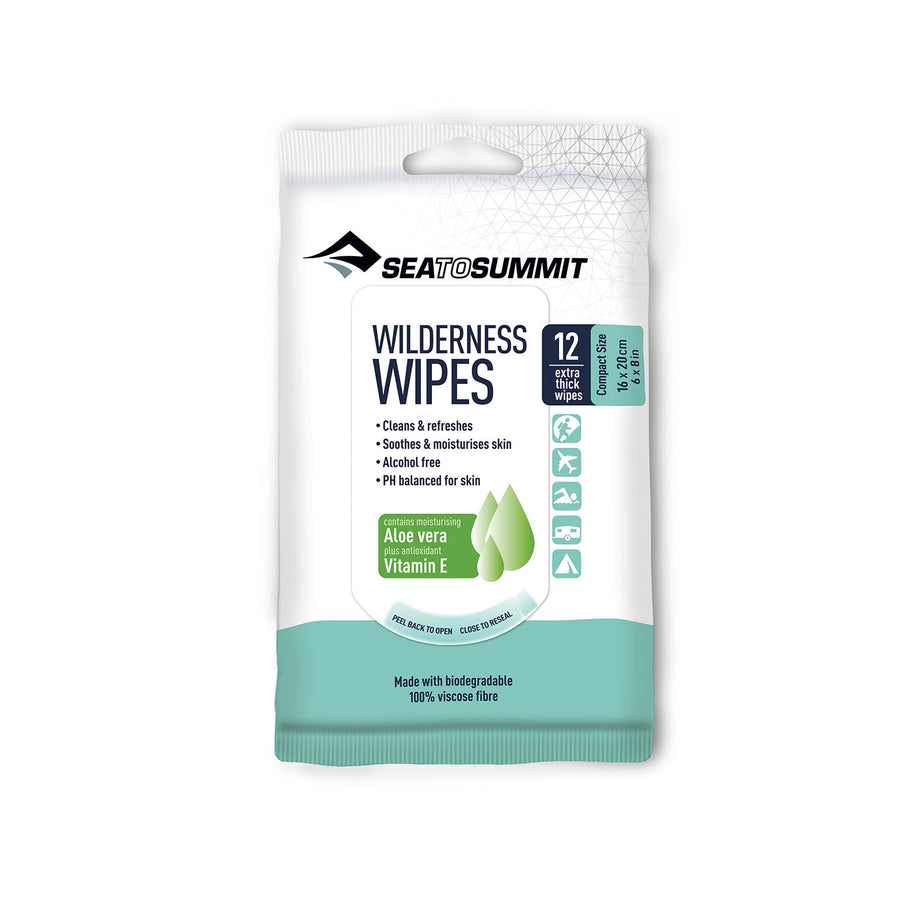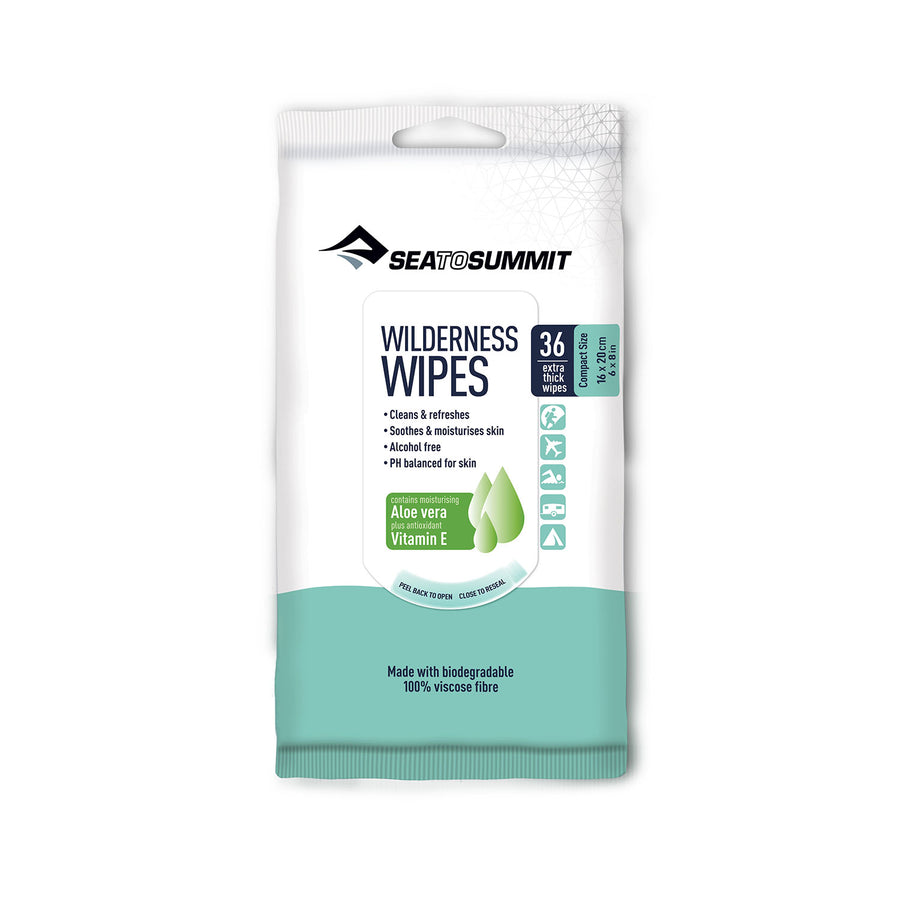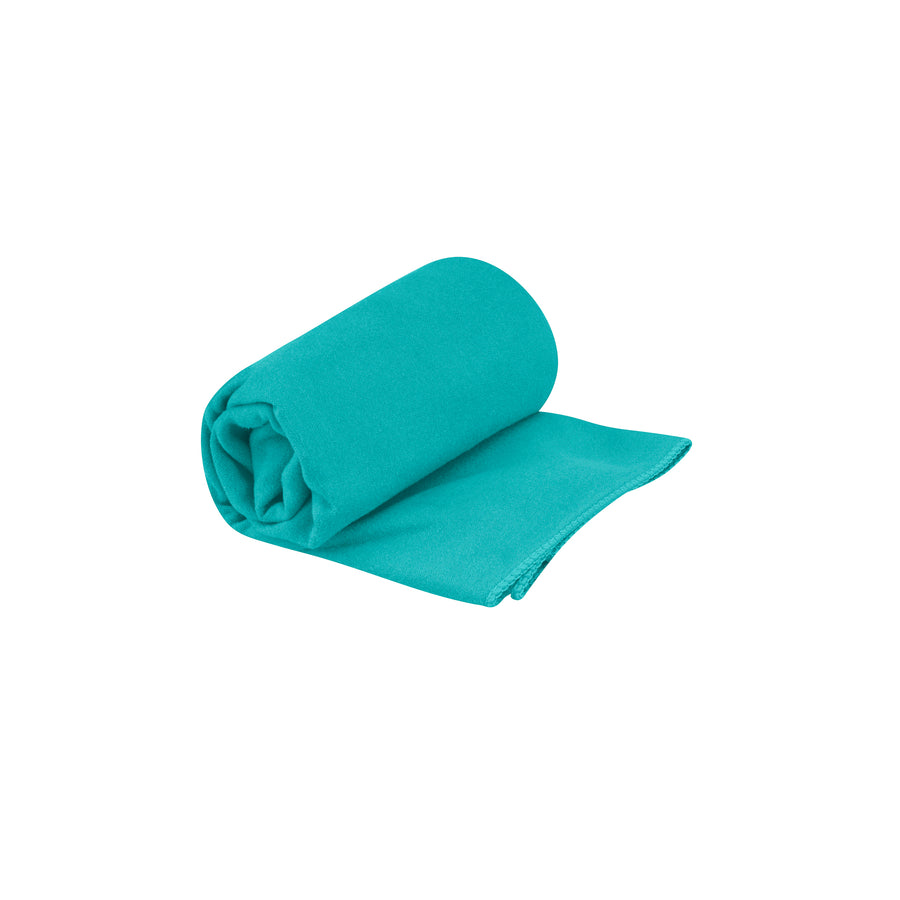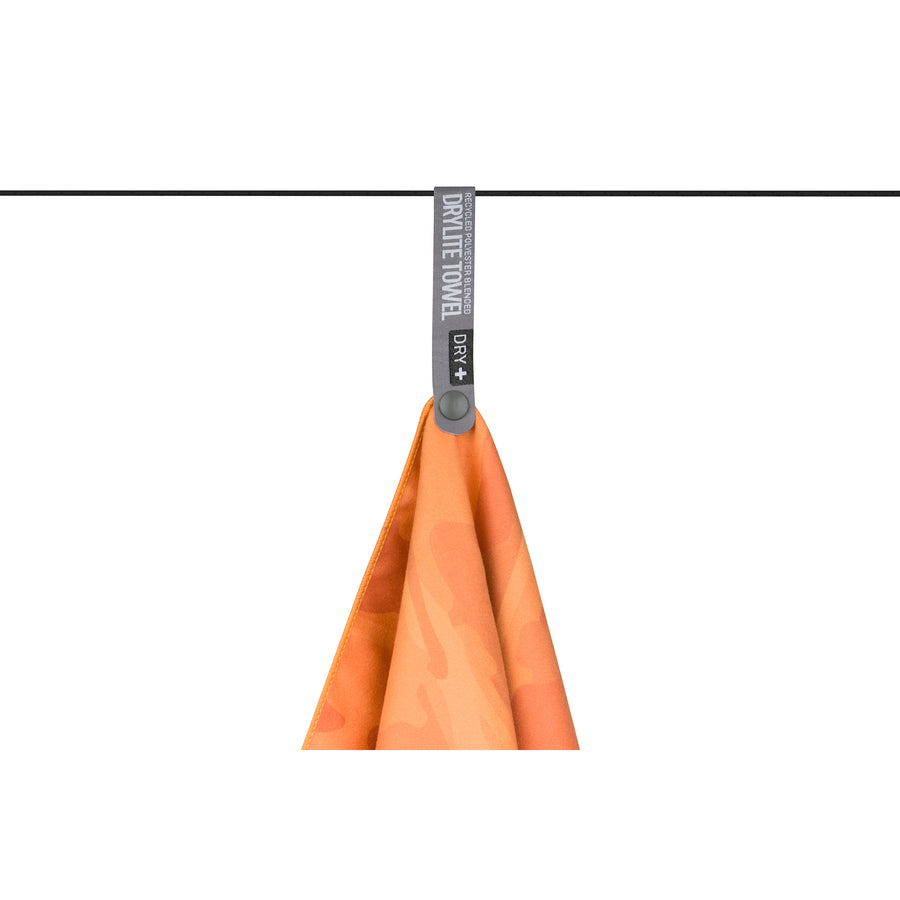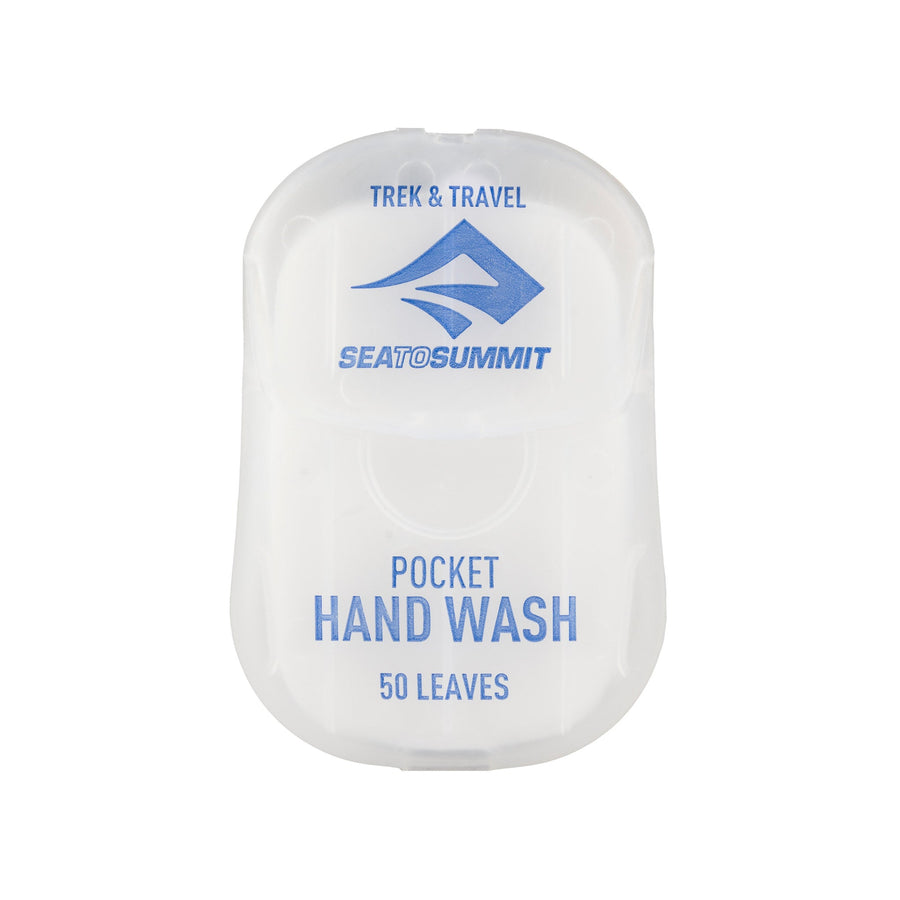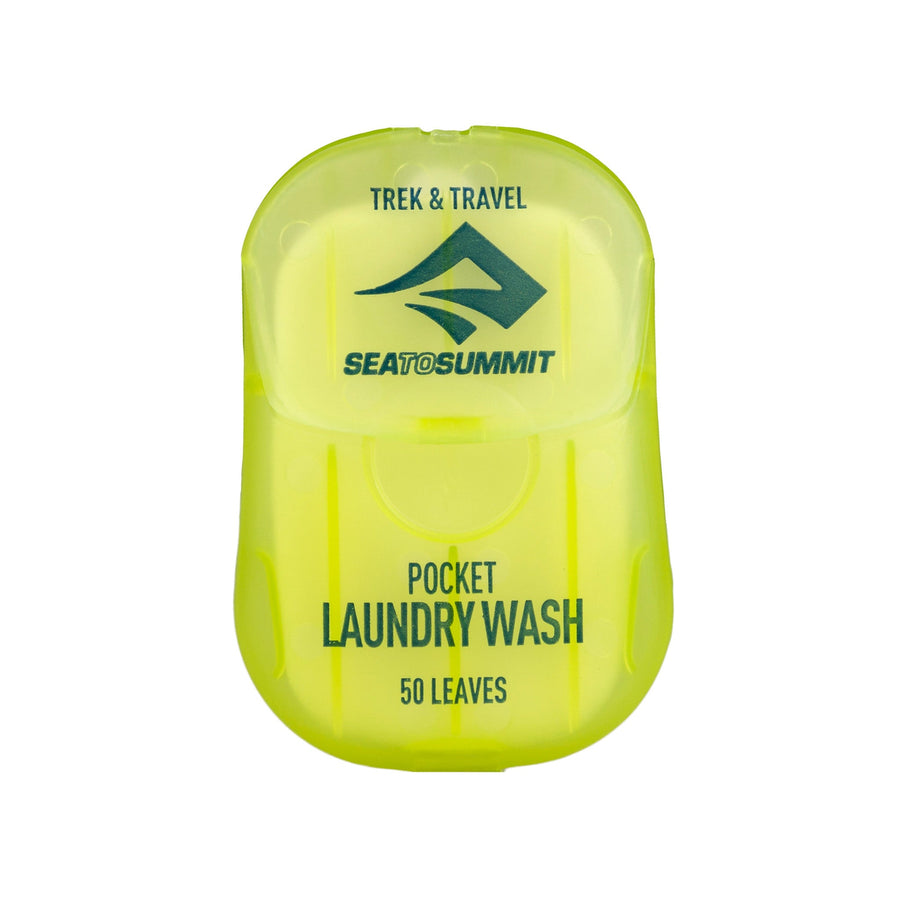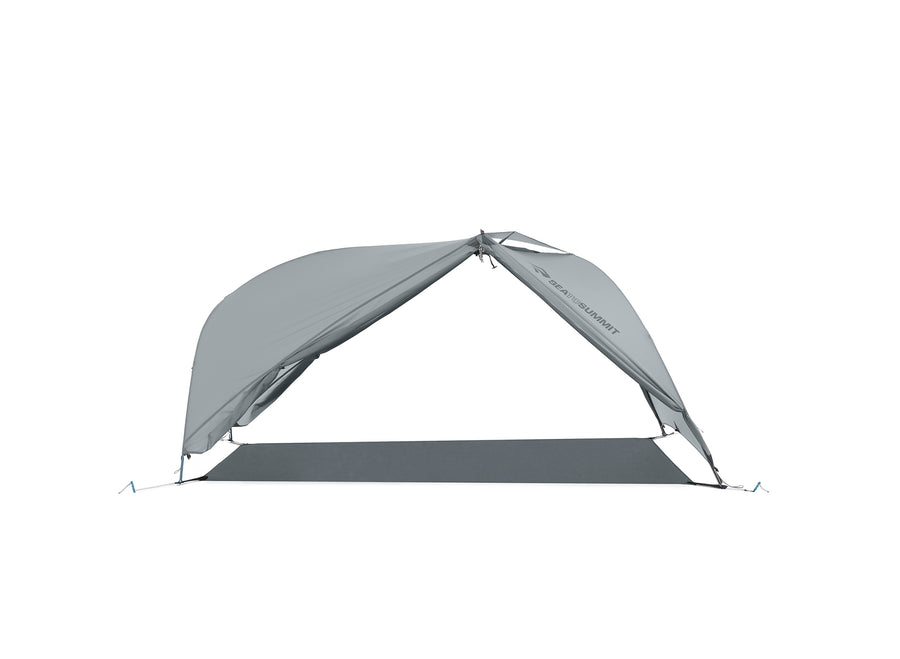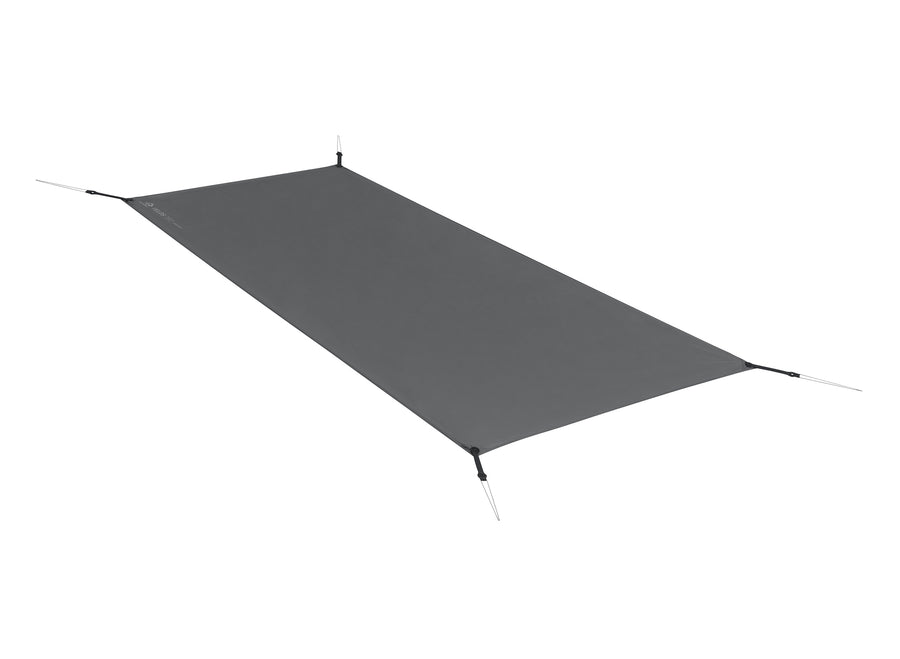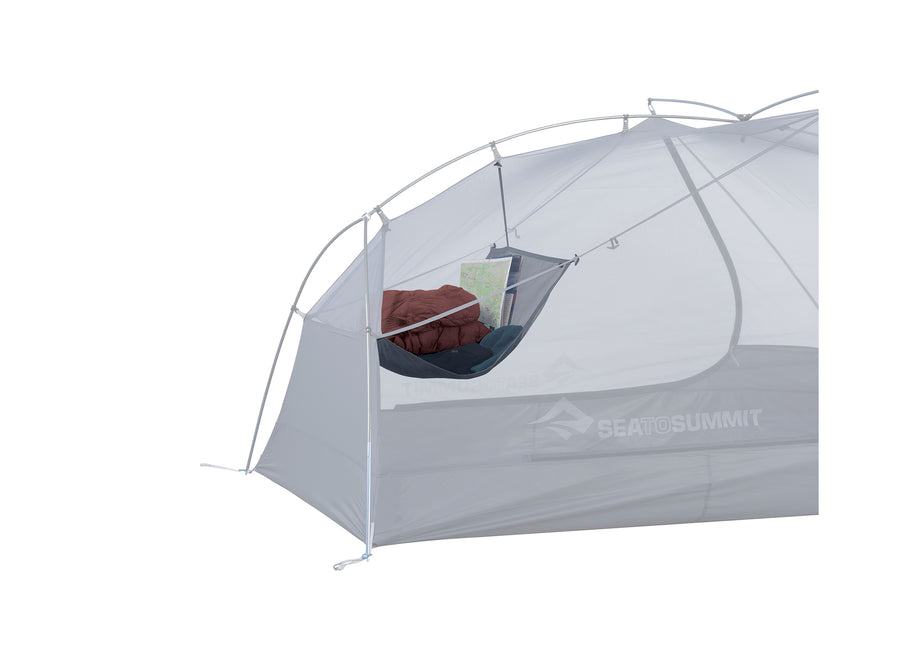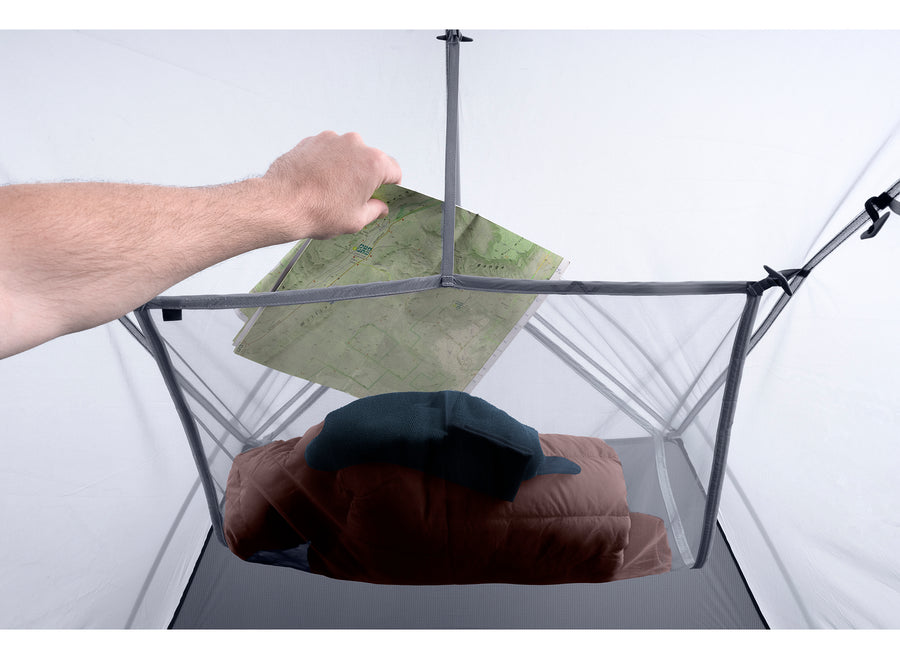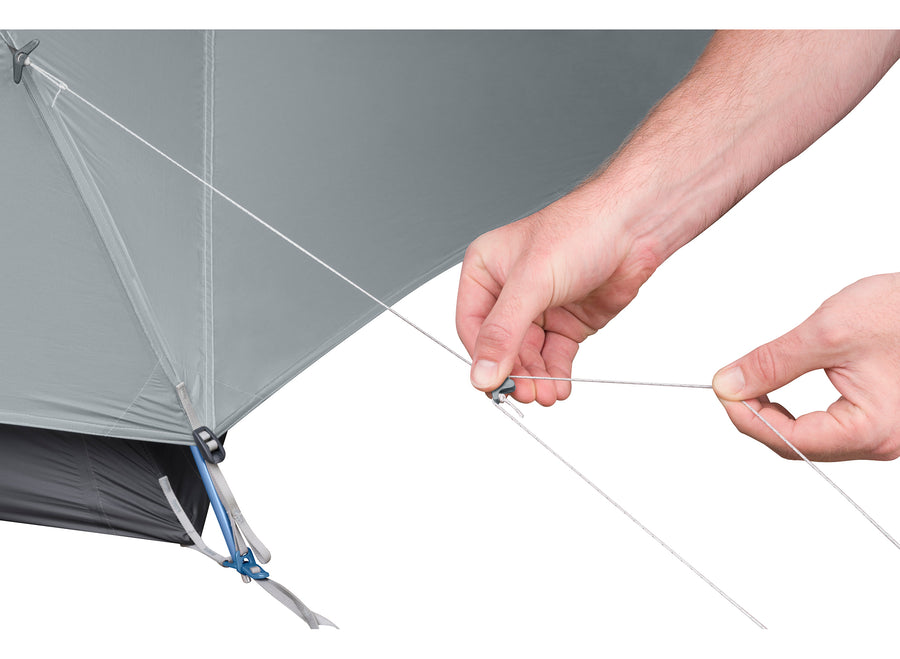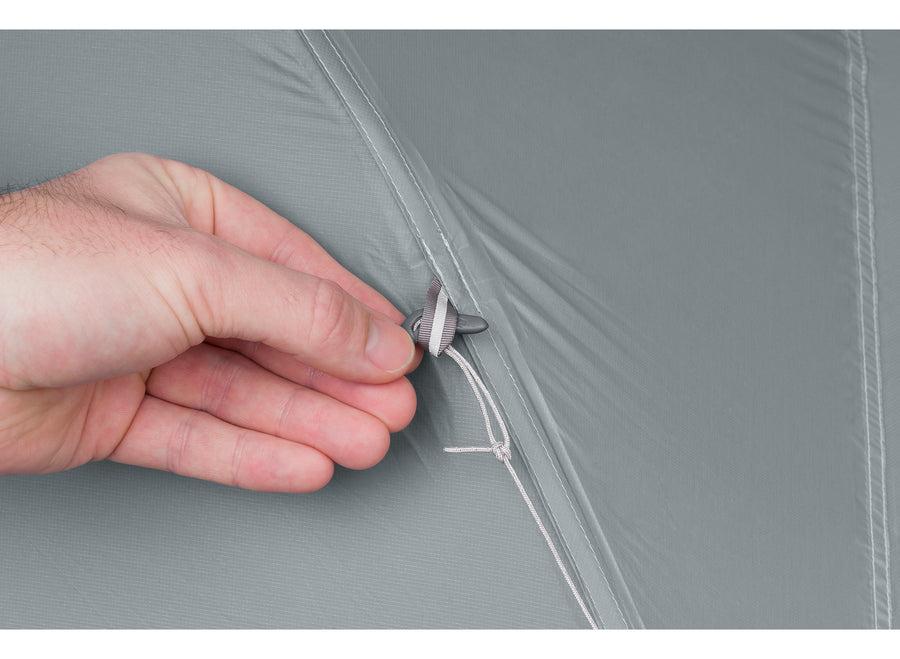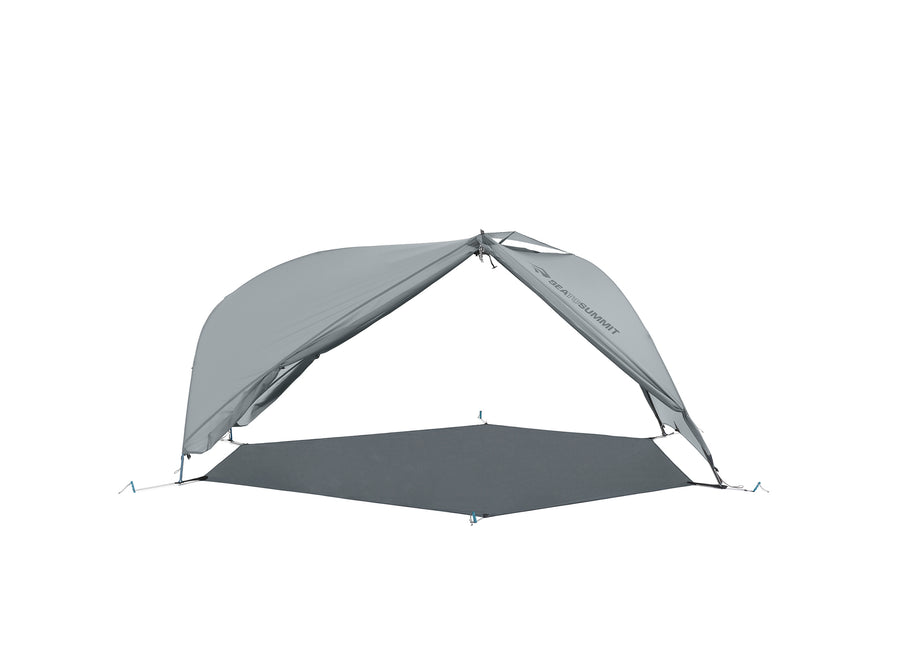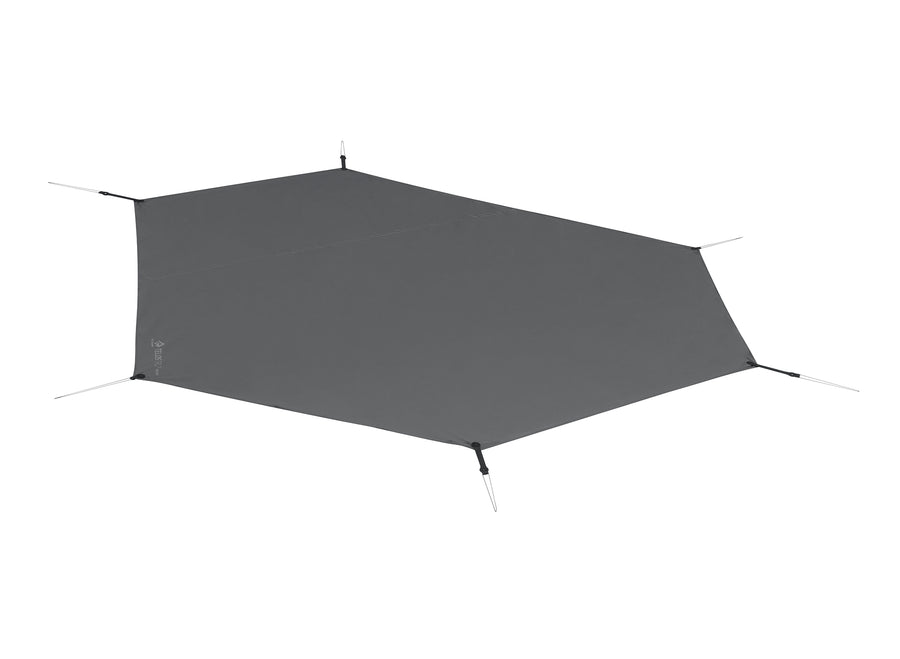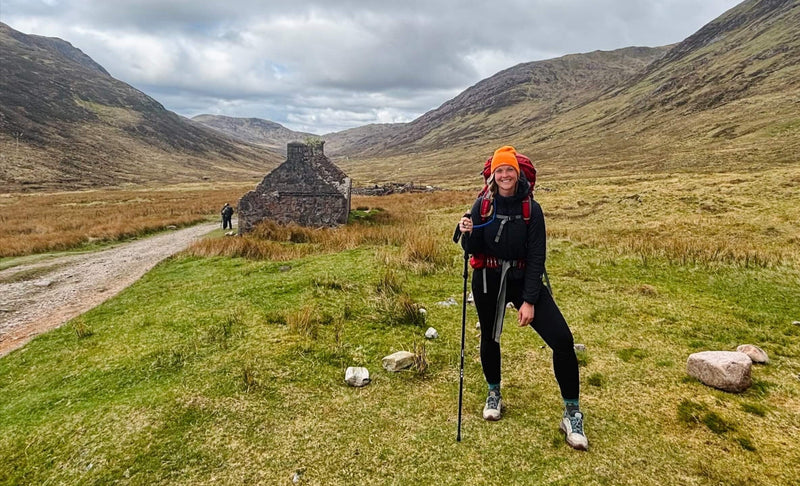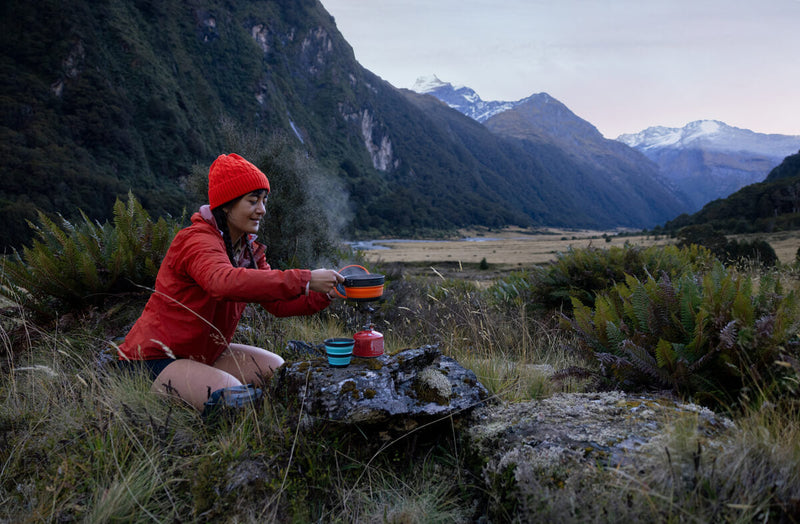7 Tips for Winter Hammock Camping
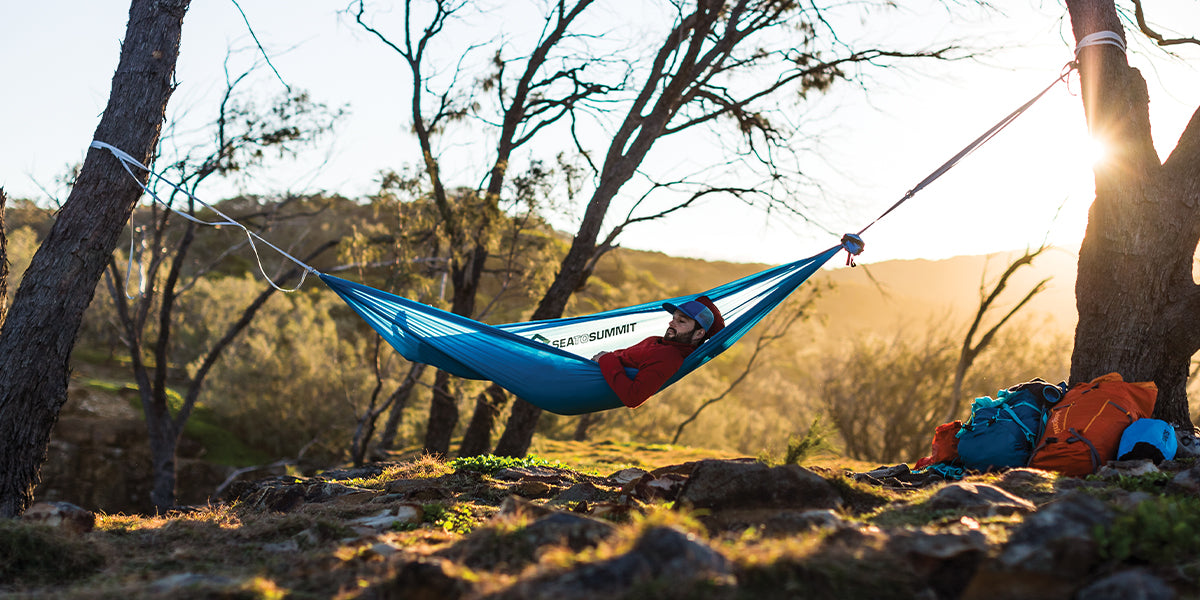
With the right strategy, hammock campers can sleep comfortably during cold winter nights.
They call it “cold butt syndrome”. When you sleep in a hammock, the parts of your body that press against the fabric get cold because they’re more susceptible to the wind.
If you camp in a hammock in winter, you need to take extra steps to stay warm. Leaning on our own experience, as well as advice from hammock manufacturers, we’ve come up with seven solid tips to help you stay toasty in your hammock.
Seek Natural Shelter & Consider the Wind
As you set up your hammock, a main goal is to deal with potential wind. So, note the direction of the wind and take advantage of natural windbreaks, like hills, rock formations, and trees. Instead of hanging your hammock in an area that’s relatively open, move to a cluster of trees and take advantage of their natural sheltering effect. You could also consider hanging a tarp between two trees as an extra layer of protection.
Use Quilts to Stay Warm
To help trap heat and block the wind, use an under quilt, which is an insulated blanket that you string up beneath your hammock. This creates a layer of air between the quilt and the hammock, so heat is trapped to provide more insulation. You’ll be warmer if you deploy an under quilt, rather than just using a sleeping bag inside your hammock. In a hammock, the insulation in a sleeping bag gets compressed and loses its ability to trap heat.
While a sleeping bag will still do a good job of insulating the top of your body, many hammock campers forego a bag and instead use a top quilt that’s made specifically for a hammock. Typically, top quilts are light and compressible, so they’re easy to carry into the backcountry.
Use a Sleeping Pad
An alternative to an under quilt is an under pad, which you place beneath you inside the hammock. You can use a standard foam or inflatable sleeping pad, but be aware that these can slip and even slide out of the hammock as you move around while sleeping. Some hammocks have an inner compartment that holds a foam or inflatable sleeping pad and prevents the pad from shifting.
Another option is to invest in a pad made specifically for a hammock. These not only have side sections that fold to conform to a hammock, but some also feature materials that reflects your body heat. You can also find sleeves that slip over a pad and have reflective materials to help you retain heat.
Rig a Tarp Above the Hammock
If you rig a tarp above your hammock, it can block wind, rain, and snow, and also trap heat. Keep in mind that it’s best to place the tarp as low as possible. Once you’ve attached the tarp to a spot on the tree just above your hammock straps, pull the tarp corners as low as possible and secure them. On the market you’ll find a wide variety of rainfly and tarps from several hammock manufacturers.
Rest Your Head on a Pillow
To stay warm in winter, you should prevent your skin from pressing against the hammock fabric as much as possible. So, pack a travel pillow, and also cover your neck and shoulders as you sleep.
Layer Your Clothing
It’s a good idea to wear many layers when you camp in winter, even when you’re using a hammock. This will allow you to regulate your temperature to keep from getting too hot or too cold. With a little practice, you’ll even learn to add and remove clothes without leaving the cozy confines of your hammock.
It’s wise to keep extra clothing inside your hammock at all times so it stays warm and readily available. Also, be sure to remove snow from your clothing before you get into your hammock. While this might sound obvious, it can make a big difference in keeping you dry and warm.
Stash a Hot Water Bottle
Here’s a trick hangers have used for years—fill an insulated water bottle with boiling water before you go to bed and stash it near your feet. This will help warm your whole body during the night.
